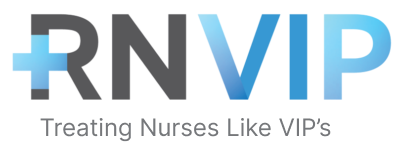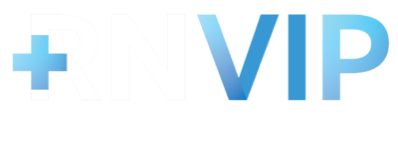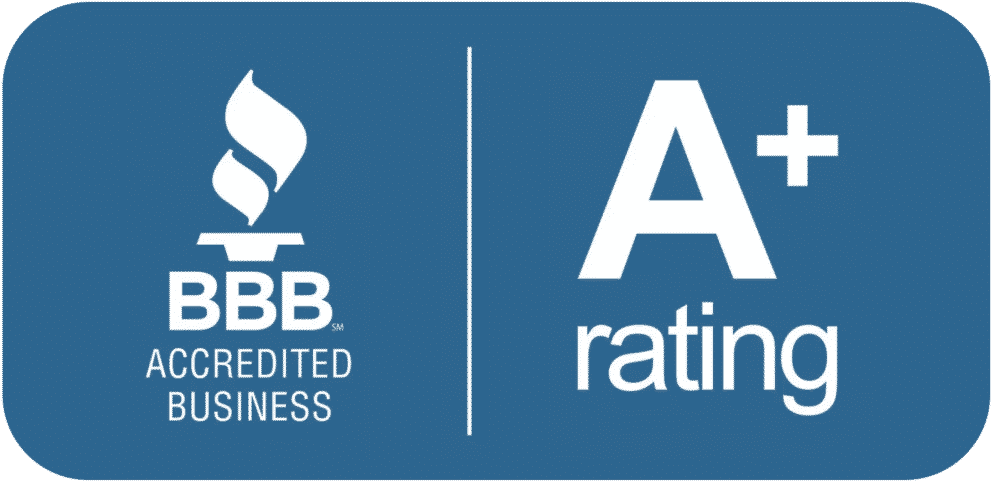As a nurse, your job demands your full and undivided attention, but what happens when you feel unable to focus 100%? For those with ADHD, also called Attention Deficit Hyperactivity Disorder, this is a challenging reality. ADHD is a neurodevelopment disorder with a variety of symptoms, including reduced impulse control, trouble focusing, poor organizational skills, forgetfulness, and more. It’s easy to understand how these traits could hinder you as you strive to create a successful career. Fortunately, many nurses with ADHD have learned to manage their symptoms and thrive in their fields! Let’s discuss a few tips you can use to help increase your productivity and overcome some of the obstacles you face as a nurse with ADHD.
1. Do Your Research
In order to learn how to manage your ADHD symptoms, you must first understand what they are and how they affect you personally. Everyone’s experience is unique, so what affects you may not impact others with the same condition. Along with speaking to your doctor, other resources like ADDitude magazine can provide education and support. You will discover tips, stories, and information on ADHD, connecting you with a community that understands what you’re going through and helping you feel less alone. Another excellent book is “Scattered Minds” by Dr. Gabor Maté, which gives greater insight into an ADHD diagnosis, where it comes from, and how to reduce its impact on your life.
2. Utilize the Pomodoro Technique
The Pomodoro Technique is a strategy used to help lengthen short attention spans, especially while studying. While it’s designed for a learning environment, you can modify it to suit your daily routine. With this time management method, you give yourself a time limit for how long you’ll work before you take a break. For example, you’ll focus on working for 20 minutes and then allow yourself a 5-minute break. Depending on what field you work in, you may have to play around with what time spans work best, especially if you’re in a higher-paced position like an ER travel nurse. However, knowing you have a scheduled time to sit down and give yourself a “brain break” can often give you the motivation you need to focus on your task.
3. Carry A Notepad
One of the hardest and most exhausting parts of having ADHD is that your mind doesn’t want to turn off. A thought or idea may pop into your head, and you find yourself unable to focus on anything else. Carrying a notepad with you to write down these thoughts will help you clear your mind and allow you to address them at a later time. This tip can also work well if you have a travel nurse job and find yourself confusing information from multiple locations. If you don’t want to carry a notepad around, using the notes app on your phone works equally well.
4. Consult Your Doctor
For many people with ADHD, especially if you received a diagnosis as an adult, developing a treatment plan and finding a medicine that is a good fit can be a game changer. There are many great medication options that can help calm your mind, make it easier to focus, and even make sleeping easier. It’s important to stay connected with your doctor and discuss your thoughts and fears with them so you can develop a treatment plan that’s right for you. Cognitive therapy is another excellent resource, as well as environmental modification. Many people choose to take travel nursing assignments so they can get a change in scenery while still performing the job they love!
5. Prioritize Structure
For any healthcare professional with ADHD, structure is your best friend. Often, your mind can feel chaotic as you’re constantly thinking about a million different things. Keeping a structured routine can bring calm to the chaos and make you more productive in your daily tasks. Creating and sticking to a routine will provide predictability, which will help you remember the tasks you need to do and reduce stress. Simple additions like packing a lunch, setting an alarm for the same time each day, and going to the gym will provide stability and motivation.
6. Take Time To Relax
ADHD is both mentally and physically exhausting, so be sure to include relaxation and downtime in your daily routine. As a nurse, it can be challenging to find time for yourself during the day, but even ten minutes to take a bath after work can do wonders for your mental health. If you are a traveling nurse, consider spending your days off exploring each new city, or if you’re in a stationary position, why not see what fun new experiences you can discover in your town?
7. Practice Self-Awareness
One way you can combat the effects of ADHD is by noticing when and where your symptoms occur. If you find you become overly hyper or exhausted after you eat or drink something sugary, you may want to cut back on your sugar intake. Maybe you are more sensitive to fluorescent lights, and you find they make it harder to focus, so take your breaks outdoors in the natural light or in a dark room. Use a journal to document symptoms so you can identify patterns and triggers so you know what works for you and what doesn’t.
8. Be Gentle With Yourself
One of the most important things you can do is be gentle and patient with yourself. ADHD is real, and it can make performing everyday tasks challenging. On days when you really struggle with your symptoms, try to take extra breaks and communicate with your co-workers so they know what’s going on. With patience and time, you will learn to not only manage your symptoms but also thrive!
If you’re ready for new experiences, discover the excitement of becoming a traveling nurse. At RNVIP.COM, we connect you with the top traveling nurse agencies in the country. We hand-select agencies offering the best benefits for our RN travel nurses, making it easier than ever to find your perfect fit. Whether you’re looking for short or long-term placement at RNVIP, your next adventure awaits!







